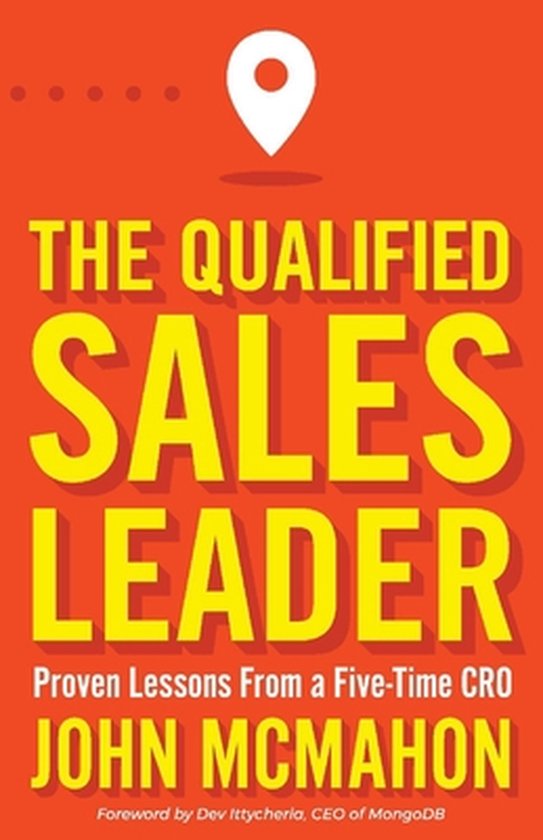- Mastering Sales Development
- Posts
- Mastering Sales Development
Mastering Sales Development
Must you have a mentor to be successful?
First things first…

Bon Dia from sunny Porto!
My wife and I are taking a break this week to reflect on the crazy start to the year with our new jobs and house. I firmly believe you get out what you put in, so celebrating these little wins has been great!
Are you enjoying the content? Please subscribe at the link below!
What am I seeing this week: Mentorship
It's essential to recognise that in the complex world of tech sales, there may be aspects you are unaware of.
As you advance in your career, it's natural to feel isolated and struggle with finding unbiased advice. Mentoring is often stigmatised as a sign of weakness, but this couldn't be further from the truth.
I've benefited greatly from the mentorship of several individuals over the past five years and only wish I had sought their help sooner.
Sales leadership is a cyclical process, and common challenges are bound to arise. Reflecting on past experiences and using them to improve for the future is crucial for transitioning from first to second-line leadership.
My advice is to seek mentorship. Speak with your line manager, who should be able to connect you with someone internally to help with your career goals. If that doesn't work out, feel free to contact me. I'm happy to assist!
Poll of the weekLooking back on your early career if you didn't have a mentor, do you regret it now? |
Five questions of the week
This week, we have one of the best Sales Development leaders in Europe, Sara Wilhelmsson of Snowflake, share with the newsletter her Leadership methodology and her advice to grow.

Sara Wilhelmsson, Director of Sales Development Representatives, EMEA @ Snowflake
So first things first, Sara: What is your leadership methodology? The one leadership methodology that has brought me the most value has been ‘Situational Leadership”, where you adjust your leadership style to your individual team members’ level of commitment and competence. Everyone is different, and there is no ‘one size fits all’ in people management.
When did you realise that leadership was the career path you wanted to follow, and how did you make it happen? For some people becoming a leader is something that occurs after a well-executed plan to get there; for me, it looked a bit different: the leaders around me saw leadership capabilities in me before I saw them myself, and they gave me the opportunity and chance to learn and develop as a leader. Many mistakes, learnings and successes later, I am a much better leader than in my first leadership role, and it took a lot of time and effort to develop the skills needed to become a good leader, and I am still learning every day.
What has been the most significant challenge you have seen leading a diverse team? How have you overcome it? ‘Diversity of thought’ has always been a big focus for me when leading teams, and the best and most efficient way to get there is when everyone's voice is heard, and everyone's opinion matters. One of the most powerful ways to ensure diversity of thought and opinion before making important decisions has been to identify each team member's communication style. Often unique ideas come from people who need time to prepare and gather their thoughts before a meeting, and I have seen that the most impactful meetings be when every attendee not only knows the agenda ahead of time but also has the opportunity to share their thoughts and ideas with the group in writing before the meeting. Regarding diversity in the broader sense of the word, I believe the SDR function has an especially important mission to drive diversity. We are the talent engine of the sales teams, and if we have diverse teams today, we are impacting the diversity of not only sales but to the sales leaders and CROs of the future.
What would be your advice to someone wanting to move into SDR leadership? If you are in the position of wanting to become a leader and wanting to make that happen, I would advise you to do four things that will dramatically increase the odds that you get the opportunity:
Seek mentorship. Look for one person in the leadership role you are looking for and one who has been in the role you want and since made (at least) one more promotion. Be the driver of these mentorship sessions and focus on developing the skills you will need in the role, keep the conversations honest and open and immediately take action on the advice you get.
Seek sponsorship. While a mentor guides and coaches you, a sponsor can have a more direct impact on your career advancement. I like to think of a sponsor as being a champion for you in your career who advocates for you when you are not there.
Let people know about your ambitions. Don’t assume others know your career goals if you have not shared them. Make sure your manager hears about it in your 1on1s, discuss it with your mentors and sponsor, and, of course, make sure that your future leader knows that you would like to join their team and that you are working on the skills needed to make that happen.
Ask for an opportunity to practice and shadow: look at your own manager’s calendar and see in which meeting you could start adding value already. Could you step up and (co)-run a commit call or team meeting? Sit in on an interview with a potential new hire. Plan and execute a SPIFF or contest? The more you start doing the job, the more you learn and will be top of mind when a role opens up.
And finally, How do you see the SDR role changing in the next two years? The dramatic change we have seen with ChatGPT in the last year will continue to play a significant role in how we PG. We can cut research time down to minutes or even seconds, enabling more (and better) dials, emails and other types of outreach. I also believe that we are seeing the rise of the integrated SDR: the person who is a crucial part of the account team providing value by working with their ABM- and marketing counterparts and the wider account team. The SDR team is arguably spending the most time in prospect conversations daily and weekly. We will see companies and account teams leverage the insights and learnings from these conversations even more.


Reply